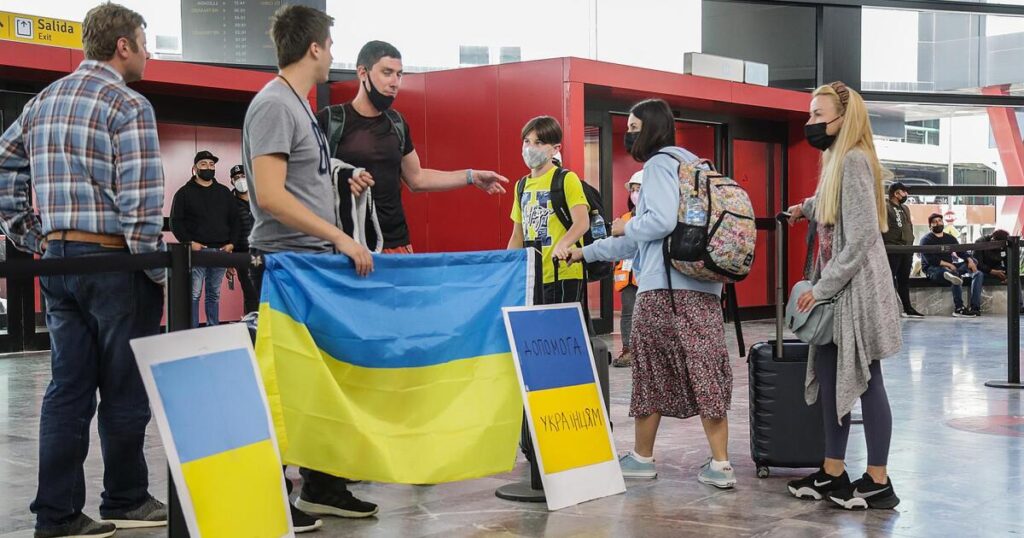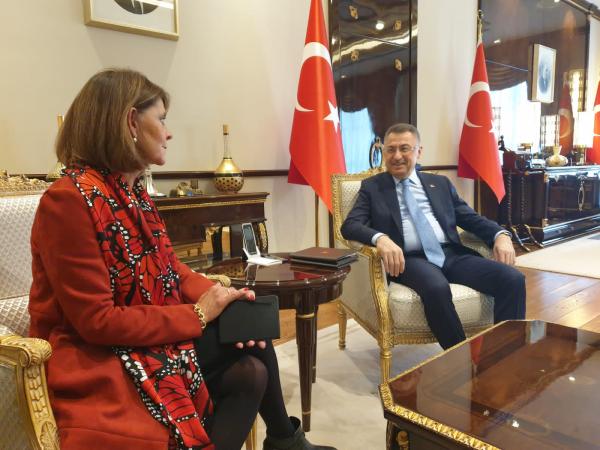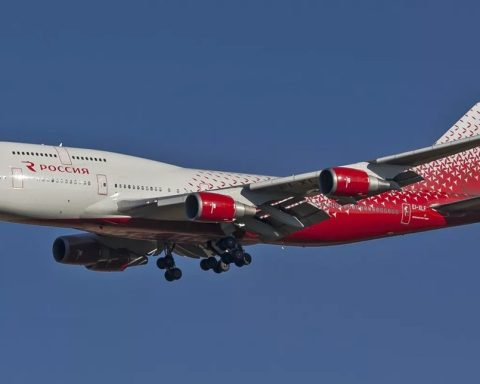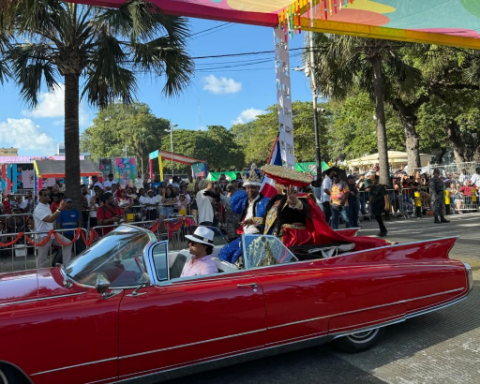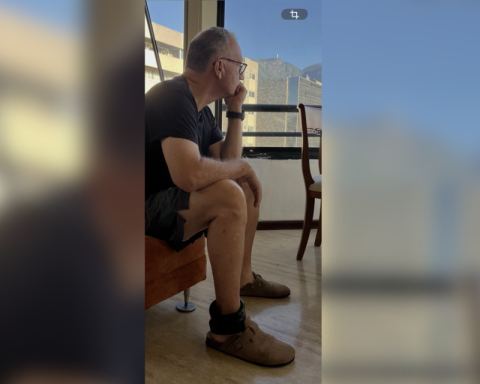The The State will transfer $30 million for the capitalization of the company Servicios Logísticos Ferroviarios (SELF), according to a recent resolution signed by the President of the Republic, Luis Lacalle Pou. The company is in a delicate economic situation and the Minister of Transport says that it will have to be “profitable” and “efficient” if it wants to continue in operation once the work of the Central Railroad is completed.
SELF is a anonymous society –operates under private law– and is made up of two shareholders. On the one hand, the State Railways Administration (AFE) –with 51%– and, on the other hand, the National Development Corporation (CND) with 49%.
On Interview with The Observer in july 2021, the former president of AFE, Miguel Vaczyhad expressed that there was “a very clear staff restructuring plan” to make SELF “a more efficient company” while, from a commercial point of view, they were looking for “permanently new cargo contracts, which are the ones that will ultimately give the company the economic viability it needs”.
However, today, the situation of SELF is in deficit and the government intends to cut off the financial assistance provided by the State for its survival. The Minister of Transport and Public Works, José Luis Falerosaid in an interview with The Observer this week you SELF”has to be efficient” and that he is working on a proposal that try to bring Parliament to the next Rendering of Accounts to leave behind the red numbers that have accompanied it since it was created.
For the hierarch, both private and public operators “tithey have to be efficient and profitable”. In that sense, he remarked that SELF is an operator that “it will remain operational and possibly participate in the other railway networks in addition to the central railway”. The central railway has committed 40% of the line to UPM, leaving 60% that can be used by other operators.
phrasea
“SELF has to be efficient because first it will have better conditions and it will have a new track. But it also has to be efficient in terms of equipment replacement. Then, we are going to try to send a proposal to the shareholders so that can generate an investment that allows reducing maintenance costs that become unsustainable. Otherwise, we will find a way to make it work”, explained Falero.
To this day, SELF subsists from two contracts signed. On the one hand, one with the Idalen company linked to transportation of pine logs from the city of Rivera to the town of Chamberlain, in addition to another with ancap for the transport of cement from Minas, Lavalleja to Manga in Montevideo.
According to an AFE source consulted by The ObserverSELF status it is complex and, at this moment, “with the works of Ferrocarril Central, it is absolutely blocked”. In this line, he indicated that In the coming weeks, both AFE and SELF balances will be published in which the exact results can be seen. The source noted that balance sheets for both companies had not been published since 2017.
The source commented that SELF rented locomotives from the Central Railroad construction consortium. Two locomotives were delivered in February and the other two will be delivered at the end of April. With this new contract, the hope is to be able to “hopefully balance expenses” for this year.
German firm seeks to expand beyond UPM
Germany’s national railway company, Deutsche Bahn (DB), is one of the leading providers of mobility and logistics services in the world. This firm, together with Christophersen Group and the Spanish cointer concessions, make up the DBCC Transport consortium which will be in charge of the operation of the line that will allow the freight transport to and from UPM’s second plant.
The CEO of this company -formally DB ECO Group in Uruguay– Niko Warbanoffsaid in an interview with El País that they have a long-term vision and that they point beyond UPM 2.
“We will be, at least, the next 25 years in this project. Apart from that undertaking and the consortium, DB has already discussed with the government the first ideas about whether there are other lines that could also be modernized in the future to transport goods by rail”, he explained.
For Warbanoff, “the potential is great for Uruguay and it would be a great benefit for the country and the economy”. Along these lines, he maintained that, in the first instance, he observes two possible routes for rail transport: one north to Rivera thinking about the connection with Brazil and another towards Salto, thinking about the connection with Argentina.
“I think there are interesting industries and massive goods that could be moved from road to rail. With this, we would once again contribute to decarbonization. That is my personal opinion, but we should go deeper into it later, ”he pointed out.











